Why Does My Dog Keep Grinding His Teeth? Understanding the Causes and Solutions
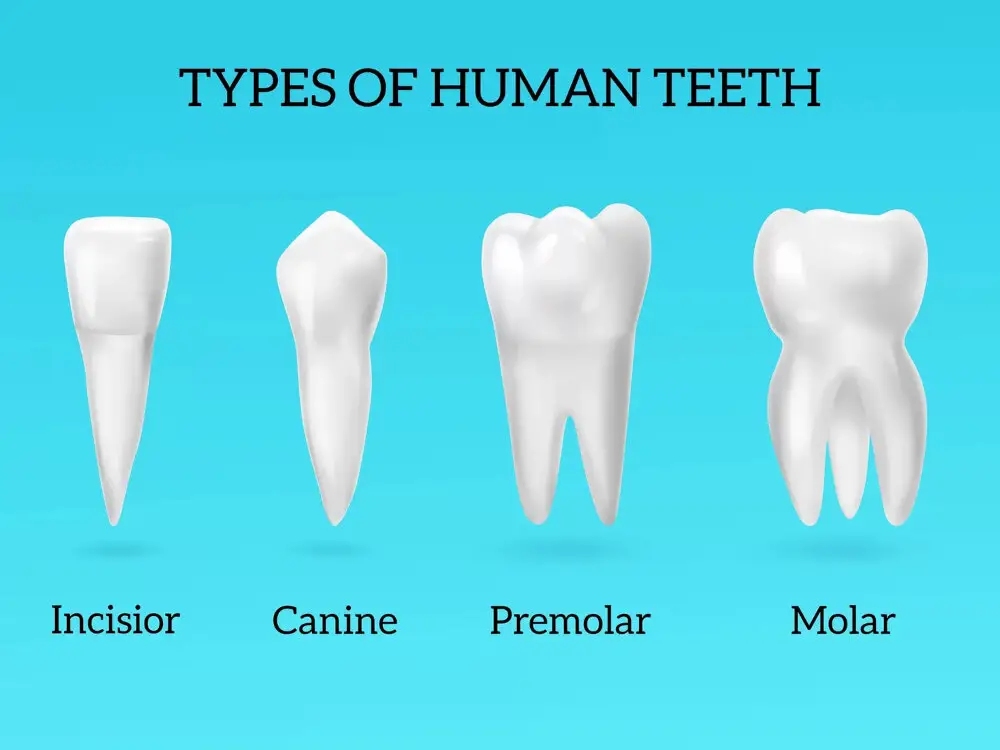
As a dog owner, seeing your furry friend grind their teeth can be a concerning and confusing sight. Teeth grinding, also known as bruxism, is a common issue that can have various underlying causes. It is important to understand the reasons behind your dog’s teeth grinding in order to address the issue and prevent any potential damage to their teeth. There are several possible causes of teeth grinding in dogs, including stress, dental problems, and pain. In some cases, it may be a symptom of a more serious medical condition. Identifying the cause of your dog’s teeth grinding is crucial to determining the appropriate treatment and ensuring their overall health and well-being. In this article, we will explore the common causes of teeth grinding in dogs and discuss effective solutions to help alleviate the issue.
Teeth grinding, also known as bruxism, is a common problem in dogs that can result from a variety of causes. It can be a sign of dental issues such as misaligned teeth or gum disease, or it can be a behavioral problem caused by stress, anxiety, or boredom. Some dogs may even grind their teeth as a response to pain or discomfort in other parts of the body. Regardless of the underlying cause, teeth grinding can lead to serious health problems if left untreated, including tooth damage and jaw issues. Therefore, it is important to identify the root cause of the behavior and seek appropriate treatment to ensure your dog’s overall health and well-being.
Identifying the causes and finding solutions is crucial when it comes to addressing any problem, including a dog grinding its teeth. By identifying the underlying causes, such as dental issues, anxiety, or pain, pet owners can take appropriate measures to address the problem. This could include seeking veterinary care, changing the dog’s diet, or providing calming supplements. Finding a solution not only improves the dog’s overall health and well-being, but it also enhances the bond between the pet and owner. Additionally, identifying the cause and finding a solution can prevent the issue from becoming worse, potentially leading to more severe health problems and costly veterinary bills in the future.
Causes of Teeth Grinding in Dogs
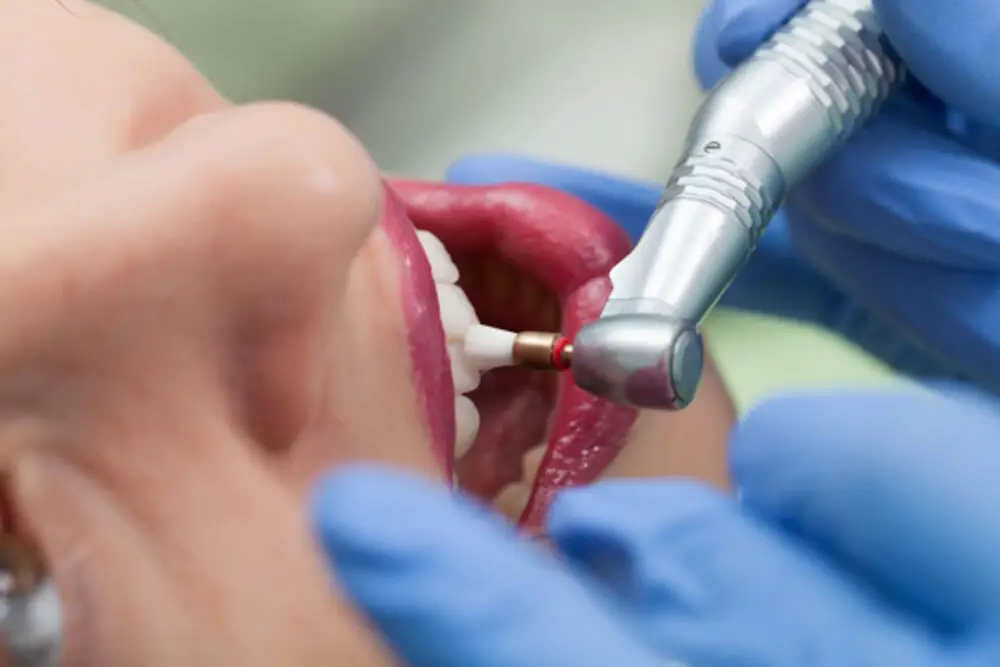
Teeth grinding, also known as bruxism, is a common problem in dogs. It can be caused by a variety of factors, including stress, anxiety, pain, and dental problems. Dogs who are stressed or anxious may grind their teeth as a way to cope with their emotions. This can happen during times of change, such as moving to a new home or being left alone for extended periods. Pain can also cause dogs to grind their teeth, especially if they have an underlying dental issue or are experiencing discomfort in their jaws. Dental problems are another common cause of teeth grinding in dogs. Dogs with dental issues such as gum disease, tooth decay, or a misaligned bite may grind their teeth as a way to relieve their discomfort. In some cases, teeth grinding can also be a symptom of a more serious condition, such as a neurological disorder or a side effect of medication. If your dog is grinding their teeth, it’s important to take them to the vet to rule out any underlying health issues and to determine the best course of treatment.
Dental problems in dogs can cause a lot of pain and discomfort. Some of the most common dental problems include periodontal disease, fractured teeth, and abscesses. Periodontal disease is caused by a buildup of plaque and tartar on the teeth, which can lead to gum inflammation, infection, and tooth loss. Fractured teeth can occur from chewing on hard objects or from trauma to the mouth, and can expose the sensitive inner layers of the tooth. Abscesses are infections that occur when bacteria enter the tooth or gum tissue, and can cause swelling, pain, and even systemic illness if left untreated. Regular dental checkups and cleanings, along with proper at-home dental care, can help prevent these issues and keep your dog’s teeth and gums healthy.
Pain and discomfort can manifest in various ways for our furry friends, including teeth grinding. Dogs may grind their teeth due to a variety of reasons, such as dental issues, stress, or jaw problems. It’s important to address the underlying cause of the grinding to alleviate the pain and discomfort associated with it. Ignoring the issue may lead to further health complications, such as tooth decay or jaw misalignment, which can be both painful and expensive to treat. Consultation with a veterinarian and implementing preventative measures can help maintain your dog’s dental health and overall well-being.
Anxiety and stress can be major contributing factors to why a dog might grind their teeth. Dogs can experience anxiety and stress from a variety of sources, including separation from their owners, changes in their environment, or even loud noises. These feelings can manifest in a number of ways, such as destructive behavior, excessive barking, and of course, teeth grinding. It’s important to identify the underlying root cause of the anxiety or stress and work to alleviate it through positive reinforcement techniques and a consistent routine. In severe cases, medication may also be necessary to help manage the dog’s anxiety and prevent further dental damage from teeth grinding.
Medical conditions can be a possible cause of teeth grinding in dogs. Some conditions such as pain, arthritis, dental problems, and neurological disorders can cause discomfort and lead to teeth grinding. Dogs with bruxism due to medical conditions may exhibit other symptoms such as lethargy, loss of appetite, drooling, and trouble eating. It is crucial to consult a veterinarian to identify and treat any underlying medical condition causing teeth grinding in dogs. Early diagnosis and treatment can prevent further complications and ensure the overall health and well-being of your furry friend.
Solutions for Teeth Grinding in Dogs
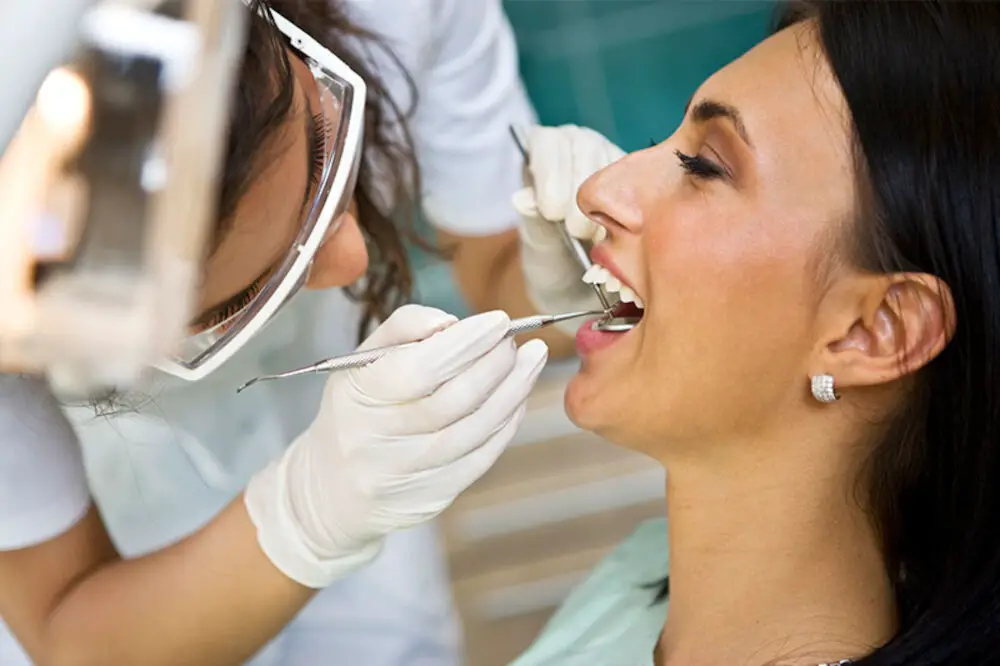
Teeth grinding in dogs, also known as bruxism, can be caused by a variety of factors such as stress, anxiety, dental problems, or misaligned teeth. If left untreated, it can cause damage to the teeth and jaw, and even lead to more severe health problems. Fortunately, there are several solutions available to help alleviate this behavior in your furry friend. Firstly, it is important to identify and address the underlying cause of teeth grinding. If it is due to stress or anxiety, reducing the triggers and providing a calm and comfortable environment can help. Regular exercise and playtime can also help to reduce stress levels in dogs. If the grinding is caused by dental issues, such as gum disease or tooth decay, a visit to the vet is necessary to address the problem. In some cases, misaligned teeth may require dental work or braces to correct the issue and alleviate the grinding. Additionally, providing your dog with chew toys and bones can help to keep their teeth healthy and prevent grinding. Another solution for teeth grinding in dogs is the use of medication or supplements. Anti-anxiety medication, such as fluoxetine or diazepam, can be prescribed by a vet to help reduce stress levels in dogs. There are also natural supplements available, such as melatonin or chamomile, which can have a calming effect on dogs and reduce the frequency of teeth grinding. It is crucial to consult with a vet before administering any medication or supplements to your dog, as they can have potential side effects and interactions with other medications. With proper care and attention, teeth grinding in dogs can be managed and prevented, ensuring a happy and healthy life for your furry companion.
A visit to the veterinarian is essential if you suspect that your dog has been grinding its teeth excessively. At the clinic, the vet will carry out a thorough examination of the dog’s teeth to determine the cause of the habit. In some cases, teeth grinding may be caused by dental issues such as tooth decay or misaligned teeth. In other cases, it may be a symptom of an underlying medical condition such as anxiety or pain. The veterinarian will recommend the appropriate treatment depending on the cause of the habit. It is crucial to follow the vet’s advice and ensure that the dog receives the necessary treatment to prevent further complications.
Dental treatment is a crucial aspect of a dog’s overall health and well-being. Regular dental check-ups and cleanings can help prevent dental problems like tooth decay, gum disease, and tooth loss. In severe cases, dental surgery may be necessary to remove damaged teeth or treat oral infections. It is essential to maintain good dental hygiene practices at home, including brushing your dog’s teeth regularly, using dental chews or toys to promote chewing, and avoiding sugary treats. Neglecting your dog’s dental health can lead to pain, discomfort, and even more severe health issues. Therefore, it is essential to prioritize your dog’s oral hygiene and seek veterinary attention if you notice any signs of dental problems like teeth grinding.
Pain management is a crucial aspect of veterinary medicine, especially in cases where dogs exhibit abnormal behaviors such as grinding their teeth. It is essential to identify the root cause of the pain and address it accordingly to alleviate the symptoms. Pain management options may include analgesics, anti-inflammatory drugs, therapeutic laser, acupuncture, and physical therapy. However, effective pain management requires a collaborative effort between the veterinarian and the pet owner to ensure the well-being of the animal. Furthermore, it is important to note that pain management should not only focus on managing the symptoms but also on treating the underlying cause to promote complete healing.
Behavioral training and therapy can be highly effective in addressing a variety of issues with your dog, including teeth grinding. By working with a professional trainer or behaviorist, you can identify the underlying cause of your dog’s teeth grinding and develop a customized plan to address it. This may involve teaching your dog new coping mechanisms and behaviors to replace the teeth grinding, or addressing any underlying anxiety or stress that may be contributing to the behavior. With patience, consistency, and expert guidance, behavioral training and therapy can help your dog overcome teeth grinding and other problematic behaviors, leading to a happier and healthier pup.
Preventive Measures for Teeth Grinding in Dogs
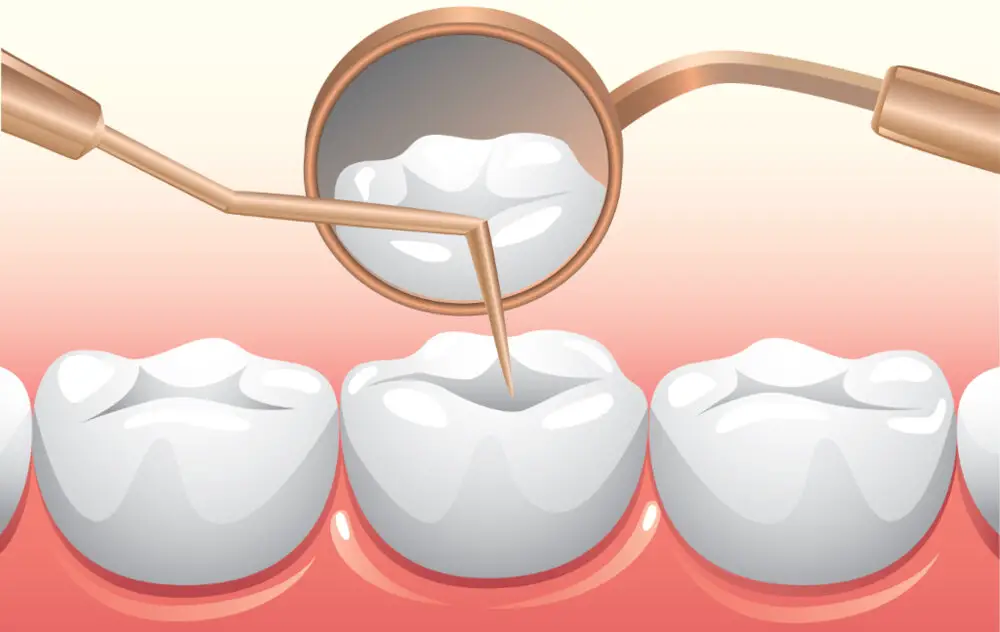
Teeth grinding in dogs is a common problem that can cause discomfort and potential dental problems. Fortunately, there are several preventive measures that can be taken to help reduce or eliminate this behavior. One of the most effective approaches is to address the underlying cause of the teeth grinding. This may include reducing stress and anxiety levels, providing appropriate chew toys, and ensuring that your dog’s diet is balanced and nutritious. In some cases, your veterinarian may recommend medication or other treatments to address underlying health issues that may be contributing to the teeth grinding. Another key preventive measure is to ensure that your dog’s teeth and gums are healthy. This can be achieved through regular dental checkups and cleanings, as well as daily brushing and flossing. Additionally, providing your dog with appropriate dental chews and toys can help to strengthen teeth and gums, and reduce the risk of dental problems that may contribute to teeth grinding. By taking these preventive measures, you can help to ensure that your dog’s teeth and gums remain healthy, and that they are able to enjoy a happy, comfortable life free from the discomfort of teeth grinding.
Maintaining good oral hygiene is crucial for both humans and dogs. Regular brushing of teeth and gums using a suitable toothbrush and toothpaste can help prevent plaque buildup, gum disease, and bad breath. Providing your dog with dental chews or toys can also help keep their teeth clean and healthy. It is important to schedule regular dental checkups with your veterinarian to catch any potential dental issues early. Neglecting oral hygiene can lead to serious health problems, including tooth loss, infections, and even heart disease. By implementing good oral hygiene practices, you can keep your furry friend’s teeth healthy and prevent any unnecessary discomfort or health problems.
Providing proper nutrition is crucial for maintaining a dog’s overall health and well-being. A well-balanced diet that includes all the essential nutrients such as proteins, carbohydrates, fats, vitamins, and minerals can help prevent dental problems, including teeth grinding. Feeding your dog high-quality dog food that is appropriate for their age, breed, and size can also help ensure that they receive the necessary nutrients and minerals. Additionally, providing your dog with fresh water at all times is essential for their health and hydration. It is also recommended to avoid feeding your dog table scraps or human food, as this can lead to dental problems and other health issues. Maintaining proper nutrition for your dog is a simple, yet important step in preventing teeth grinding and promoting their overall health and happiness.
Creating a comfortable and stress-free environment for your dog is crucial to their overall well-being. Dogs, like humans, are sensitive to their surroundings, and a stressful environment can lead to various health issues, including teeth grinding. To create a comfortable environment for your pup, ensure that their basic needs are met, such as providing them with a cozy bed, plenty of water and food, and regular exercise. Additionally, consider incorporating calming activities into your dog’s routine, such as massage or aromatherapy. Minimizing loud noises and creating a consistent routine can also help reduce stress and promote relaxation. By creating a stress-free environment, you can help prevent teeth grinding and ensure your furry friend’s overall health and happiness.
Teeth grinding, medically known as bruxism, is a common dental problem in dogs that can be caused by a variety of factors, including stress, anxiety, dental issues, and neurological disorders. The grinding sound in dogs is often accompanied by other signs of discomfort, such as drooling, pawing at the mouth, and decreased appetite. To address the problem, it is essential to determine the underlying cause of the bruxism. Some solutions include addressing the root cause of the stress or anxiety, providing dental care, and medication for underlying neurological conditions. If left untreated, teeth grinding can lead to tooth fractures, gum disease, and other dental problems that can be painful and costly to treat.
Early identification and treatment of teeth grinding in dogs is crucial as it can help prevent further damage to the dog’s teeth and jaw. If left untreated, teeth grinding can lead to dental problems such as tooth fractures, gum disease, and even jaw disorders. In addition, teeth grinding can be a sign of an underlying medical condition, such as pain or anxiety. Identifying and treating these conditions early can prevent them from worsening and causing more serious health issues. Therefore, it is important for dog owners to be aware of their dog’s behavior and seek veterinary care if they notice any signs of teeth grinding.
Conclusion
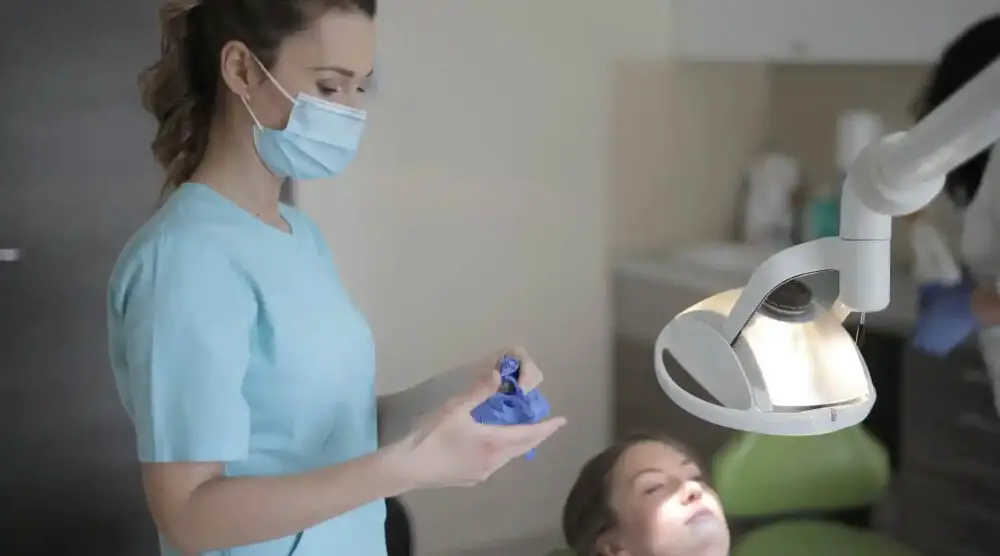
In conclusion, dogs grind their teeth due to various reasons that range from pain, anxiety, and behavioral issues. It’s important to note that teeth grinding can cause significant damage to the dog’s teeth and gums, leading to dental problems. Therefore, dog owners should take proactive measures to address the underlying causes of this behavior. Seeking the advice of a veterinarian is crucial in diagnosing and treating the dog’s condition. Additionally, dog owners can employ various techniques such as providing chew toys, training, and using calming aids to help their dogs overcome teeth grinding. With proper attention and care, dog owners can help their pets lead a happy and healthy life free from teeth grinding.






